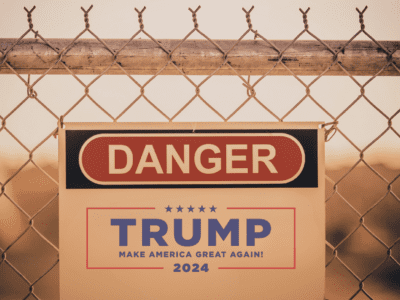Barrett on Standing & Judicial Deference
Her mentor was Scalia, but her style is more like Souter.
With the help of my research assistant, I’ve collected cases by Judge Barrett dealing with standing issues and deference to administrative agencies. Both topics are very relevant to the environment.al crisis. You really can’t draw firm conclusions about her views on these doctrines, but you can draw conclusions about her style. She sticks close to the facts of the case, considers precedents, and eschews rhetorical flights or discussions of broad issues.
There are a number of cases dealing with deference to agencies, particularly dealing with the Chevron doctrine. What’s striking is that she applies the doctrine without any apparent reservations. Unlike Justice Gorsuch, who wrote a flaming attack on Chevron as a lower court judge, she doesn’t take the occasion for broader theoretical excursions. Maybe she was more willing to be deferential because she was deferring to a conservative Administration — no way of knowing that.
The standing cases are similarly uninformative about substance. There are a number of cases where she denies standing to plaintiffs. That might make you think she favors a restrictive view of standing. But to be candid, all of the standing claims in those cases were very weak. For instance, in one case, the plaintiff complained that the website of a credit union wasn’t sufficiently accessible to the blind. But the plaintiff wasn’t legally eligible to belong to the credit union anyway. In another case, the plaintiff complained about not getting a written notice of the right to contest a creditor’s claim. But the plaintiff had no intention of contesting the claim.
In the most environmentally relevant of the claims, the plaintiffs attacked the use of a public park in Chicago as the site for Obama’s presidential library. But none of them alleged that they had ever visited the park or planned to do so. Another claim of standing was based on the plaintiffs’ status as Chicago tax payers. Before showing that they didn’t qualify under the rules for municipal taxpayer standing, Barrett does suggest some doubt about whether this doctrine is consistent with more recent Supreme Court cases.
Someone like Scalia would have written striking essays in these judicial opinions about standing law or judicial deference or the nature of the judicial role. Barrett’s opinions are spare and to the point. She’s careful about addressing precedent, including decisions from other circuits. She doesn’t go beyond the facts of the case before her.
Maybe Barrett is a sworn enemy of the regulatory state and simply didn’t find these cases appropriate for expressing that view. We can’t be sure of much about her views on regulatory or administrative law issues. Most conservatives tend to be strongly anti-regulatory, so it’s likely she is too. But there’s little evidence bearing on this question.
Although we can’t judge much about substance, we do learn something about her style as a judge. I was trying to think of parallels, and it seemed to me most similar to Justice Souter among recent judges. That doesn’t mean she’s going to be a moderate. She’s more likely to join Alito near the conservative end of the spectrum. But it does suggest that she may not be primed to sweep beyond the facts of the cases in front of her in her opinions, unlike some of the other conservative Justices. We could all use a bit of a rest from the overheated rhetoric we too often see from the Court.
Reader Comments
One Reply to “Barrett on Standing & Judicial Deference”
Comments are closed.







great issues altogether, you just won a logo new reader.
What could you suggest in regards to your submit that you simply made a few days
ago? Any positive?